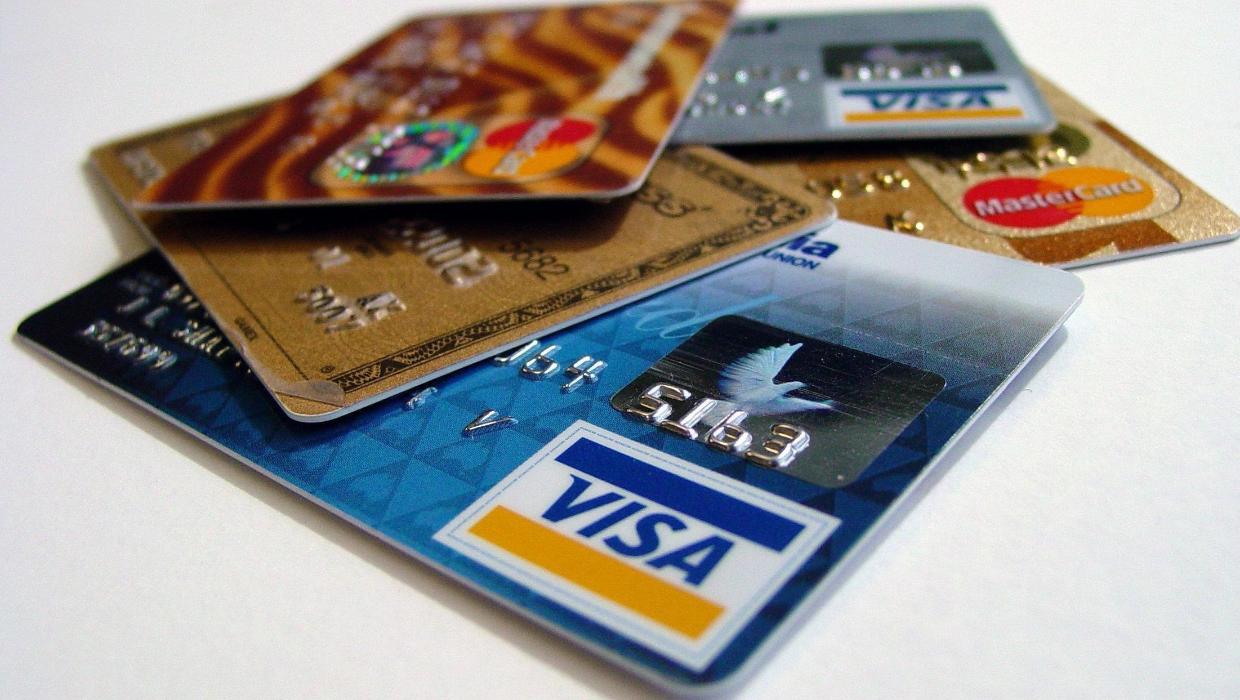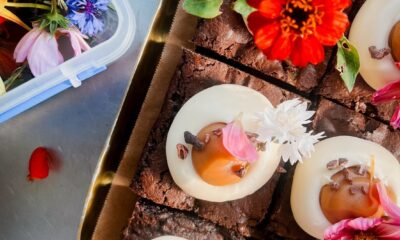Lifestyle
Consumers Maintain Spending on Luxuries Despite Rising Costs

As costs of living rise globally, consumers are revealing that they continue to indulge in certain luxuries. Despite challenging economic conditions, many individuals remain willing to spend on select items that enhance their quality of life.
A survey conducted by a leading consumer insights firm highlighted that shoppers are prioritizing specific luxury goods even as inflation rates increase. According to the data from 2023, 65% of respondents stated they still allocate part of their budget for premium products, indicating a persistent demand in the retail sector.
Luxury Categories on the Rise
Among the categories receiving attention, personal care products, high-end fashion, and gourmet food items are at the forefront. Many consumers expressed a desire to maintain some level of indulgence, with 45% reporting that they regularly purchase luxury skincare products. This trend reflects a growing emphasis on self-care, particularly in the wake of the pandemic, where many found solace in treating themselves to premium items.
Additionally, the appetite for fine dining experiences remains robust. A notable 30% of respondents shared that they frequently dine at upscale restaurants, viewing these outings as essential social experiences rather than mere luxuries. This behavior underscores a shift in consumer mindset, where spending on experiences is increasingly valued.
Regional Variations in Spending Habits
Interestingly, spending on luxuries varies significantly across different regions. In countries like Canada and Australia, consumers report a stronger inclination towards high-quality food and drink. In contrast, shoppers in the United Kingdom and the United States are more likely to invest in fashion and electronics.
The survey noted that 40% of consumers in the UK still purchase designer clothing, indicating a resilient market for luxury fashion despite economic pressures. In the U.S., affluent shoppers are also gravitating towards exclusive brands, highlighting the ongoing appeal of luxury goods.
As disposable incomes fluctuate and economic uncertainty looms, the luxury market adapts to changing consumer behavior. Retailers are increasingly focusing on creating unique experiences to attract discerning shoppers.
The findings suggest that while the overall economic climate may be challenging, there is still a segment of the population willing to spend on luxuries that enhance their lifestyle. This insight can help businesses tailor their offerings to meet evolving consumer preferences.
In summary, while the cost of living continues to rise, there is a clear indication that many consumers are not willing to forgo their cherished luxuries. The resilience in spending on high-end goods and experiences showcases the enduring appeal of luxury, even in the face of economic challenges.
-

 Top Stories1 month ago
Top Stories1 month agoCommunity Mourns Teens Lost in Mount Maunganui Landslide
-

 Entertainment6 months ago
Entertainment6 months agoTributes Pour In for Lachlan Rofe, Reality Star, Dead at 47
-

 World3 months ago
World3 months agoPrivate Funeral Held for Dean Field and His Three Children
-

 Top Stories3 months ago
Top Stories3 months agoFuneral Planned for Field Siblings After Tragic House Fire
-

 Sports6 months ago
Sports6 months agoNetball New Zealand Stands Down Dame Noeline Taurua for Series
-

 Entertainment1 month ago
Entertainment1 month agoJulian Dennison Ties the Knot with Christian Baledrokadroka in New Zealand
-

 Entertainment5 months ago
Entertainment5 months agoNew ‘Maverick’ Chaser Joins Beat the Chasers Season Finale
-

 Sports6 months ago
Sports6 months agoSilver Ferns Legend Laura Langman Criticizes Team’s Attitude
-

 Sports4 months ago
Sports4 months agoEli Katoa Rushed to Hospital After Sideline Incident During Match
-

 Sports4 months ago
Sports4 months agoAll Blacks Star Damian McKenzie and Partner Announce Baby News
-

 Sports3 months ago
Sports3 months agoNathan Williamson’s Condition Improves Following Race Fall
-

 Politics5 months ago
Politics5 months agoNetball NZ Calls for Respect Amid Dame Taurua’s Standoff















